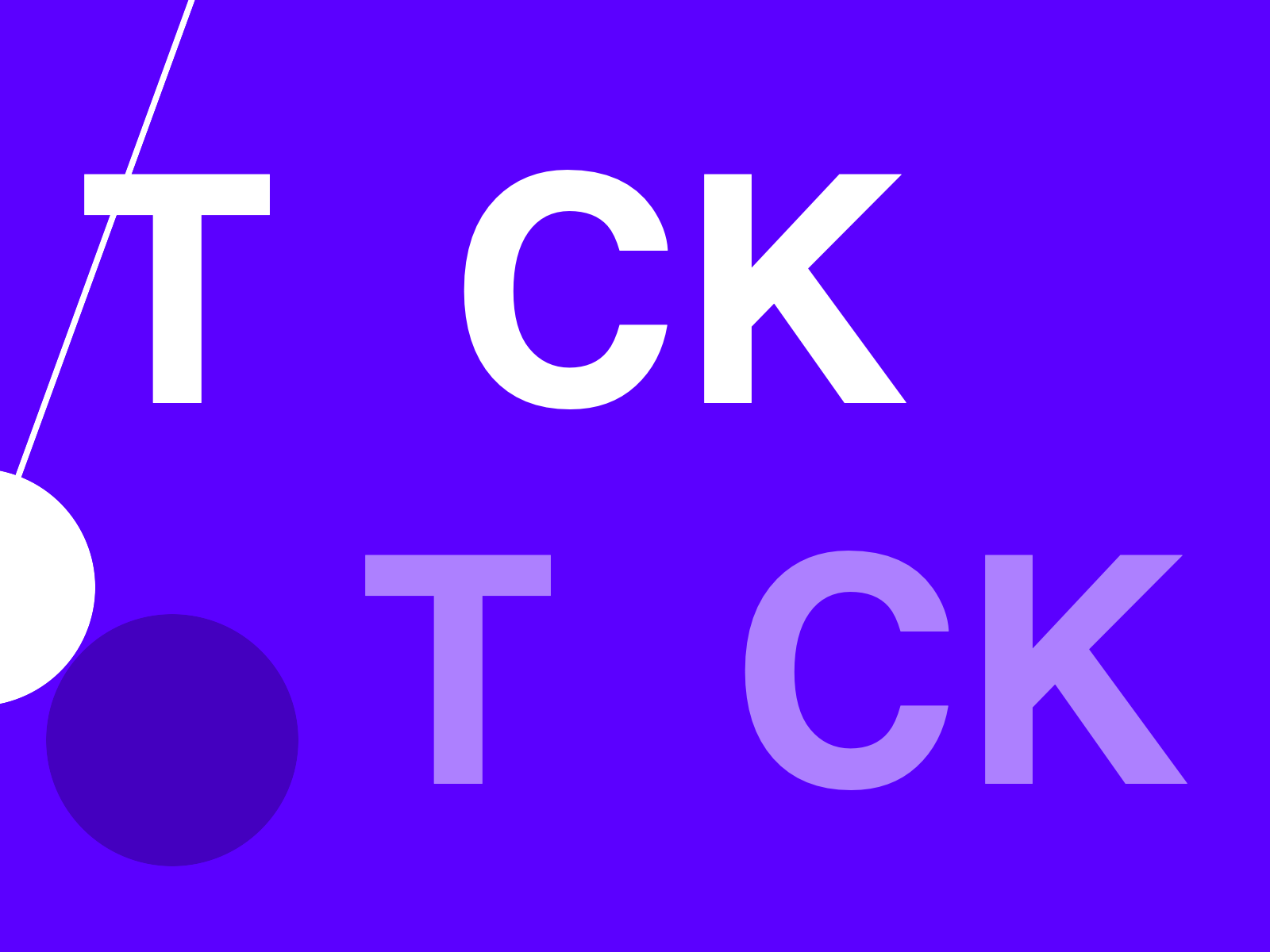Trump Given 30 Days To Have His Social Media Site Comply With Open Source License
from the tick-tock dept
You may convey a work based on the Program, or the modifications to produce it from the Program, in the form of source code under the terms of section 4, provided that you also meet all of these conditions:
a) The work must carry prominent notices stating that you modified it, and giving a relevant date.
b) The work must carry prominent notices stating that it is released under this License and any conditions added under section 7. This requirement modifies the requirement in section 4 to "keep intact all notices".
c) You must license the entire work, as a whole, under this License to anyone who comes into possession of a copy. This License will therefore apply, along with any applicable section 7 additional terms, to the whole of the work, and all its parts, regardless of how they are packaged. This License gives no permission to license the work in any other way, but it does not invalidate such permission if you have separately received it.
d) If the work has interactive user interfaces, each must display Appropriate Legal Notices; however, if the Program has interactive interfaces that do not display Appropriate Legal Notices, your work need not make them do so.
It's not clear that any of these conditions have been met.

So, now the Software Freedom Conservancy has given Trump 30 days to bring the code into compliance -- specifically by providing the source code to Truth Social to the early users who were able to sign up -- or, under the license terms, Trump's "rights in the software are permanently terminated."
Early evidence strongly supports that Trump's Group publicly launched a so-called “test site” of their “Truth Social” product, based on the AGPLv3'd Mastodon software platform. Many users were able to create accounts and use it — briefly. However, when you put any site on the Internet licensed under AGPLv3, the AGPLv3 requires that you provide (to every user) an opportunity to receive the entire Corresponding Source for the website based on that code. These early users did not receive that source code, and Trump's Group is currently ignoring their very public requests for it. To comply with this important FOSS license, Trump's Group needs to immediately make that Corresponding Source available to all who used the site today while it was live. If they fail to do this within 30 days, their rights and permissions in the software are automatically and permanently terminated. That's how AGPLv3's cure provision works — no exceptions — even if you're a real estate mogul, reality television star, or even a former POTUS.
I and my colleagues at Software Freedom Conservancy are experts at investigating non-compliance with copyleft license and enforcing those licenses once we confirm the violations. We will be following this issue very closely and insisting that Trump's Group give the Corresponding Source to all who use the site.
I think that's called being put on notice. It will be interesting to see how Trump responds -- and what happens next.
Filed Under: agpl, copyright, donald trump, licenses, open source, source code
Companies: mastodon, software freedom conservancy, truth social
Trump's Broken Social Media Venture Is Valued At Billions Of Dollars And It's Breaking Experts' Brains
from the the-nftification-of-stocks dept

But, Trump's SPAC deal is raising some eyebrows -- or frying some brains.
My favorite analysis is the one done by the always excellent Matt Levine at Bloomberg where you can basically hear him tearing his hair out at the absurdity of it all and gradually watch as he comes to terms with the fact that nothing at all matters and it's all nonsense.
As Levine notes, the real grift here is that it doesn't matter one bit if Trump has a good business plan for Truth Social or TMTG, because he's going to walk away with tons of cash just from the stock deal.
The point is that if you launch a company with the goal of making it profitable, you have to, like, have a workable business plan and execute on it and deal with a million different operational complexities.
If you launch a company with the goal of selling a lot of stock, you have to get people to trust you and give you their money. There is some overlap between those things! But they are different things!
As Levine explains, this whole thing, is kinda like an NFT of Trump.
It's a way for Trump fans to throw money at Trump to be part of the Trump brand.
But I think that a more realistic valuation method here is not to worry about cash flows at all — as Trump SPAC clearly does not — and treat the stock simply as a token of public interest in Donald Trump. My guess is that the price of Trump SPAC stock will not, for instance, be much affected by its earnings announcements, unless Trump himself does the earnings calls in which case it will go up no matter what he says. My guess is that the stock will not be particularly correlated with the stocks of other media or technology companies. My guess is that the stock will go up when Trump is on television, or if he announces that he’s running for president again. My guess is that if something bad happens to Trump — if he’s sued or arrested or banned by a new tech company or some new scandal comes out — then that will also make the stock go up, to own the libs or whatever. My guess is that each day that goes by without Trump news, the stock will go down a bit. My guess is that the stock is essentially a bet on Trump’s personal newsiness, on Trump-news volatility.
To be clear I have absolutely no corporate finance basis for these guesses; I don’t think that, like, getting sued for attacking protesters will be good for Trump Thing’s ad revenue or whatever. I don’t have some story of “public interest in Trump increases the expected value of Trump Thing's cash flows so the stock will go up.” I just think that the stock price will have nothing to do with the ad revenue; it will be based entirely on how much attention Trump’s fans are paying to Trump.
> And, of course, since Levine wrote that, we've already seen more evidence that this was true. Indeed, as Levine mentioned in his piece, it wouldn't necessarily just be Trumpists buying into DWAC, the stock for the new TMTG, it would also be those assuming that Trumpists would drive the stock up.
It didn't take long for WallStreetBets, the Reddit community responsible for the original GameStonks situation to go all in on the stock.
Alex Wilhelm at TechCrunch sums it all up best:
None of this makes sense. Even by the standards of 2021 and the SPAC era, this is all very stupid.
Even Matt Levine seems to be about ready to give everything up:
Doesn’t it feel like there has been a paradigm shift, a regime change? Doesn’t it feel like for the last 80 or so years there has been a dominant view of investing, a first-page-of-the-textbook given, that investments are worth the present value of their expected future cash flows? Doesn’t it feel like that world has ended and a new one has begun? I should go buy some Dogecoin.
 It is a silly feeding frenzy, and someone will get left holding the bag.
It is a silly feeding frenzy, and someone will get left holding the bag.
It's unlikely to be Donald Trump, of course. It doesn't appear he's put any of his own money behind any of this. No one really believes that Truth Social or TMTG is a "unicorn" worth billions of dollars. But there's a lot of people chasing the greater fool right now, and it's kind of amusing to watch from the sidelines -- though it won't be surprising when the whole thing comes crashing down.
Filed Under: donald trump, fundamentals, grift, nfts, reverse merger, social media, spac, stock
Companies: dwac, tmtg, truth social


No comments:
Post a Comment